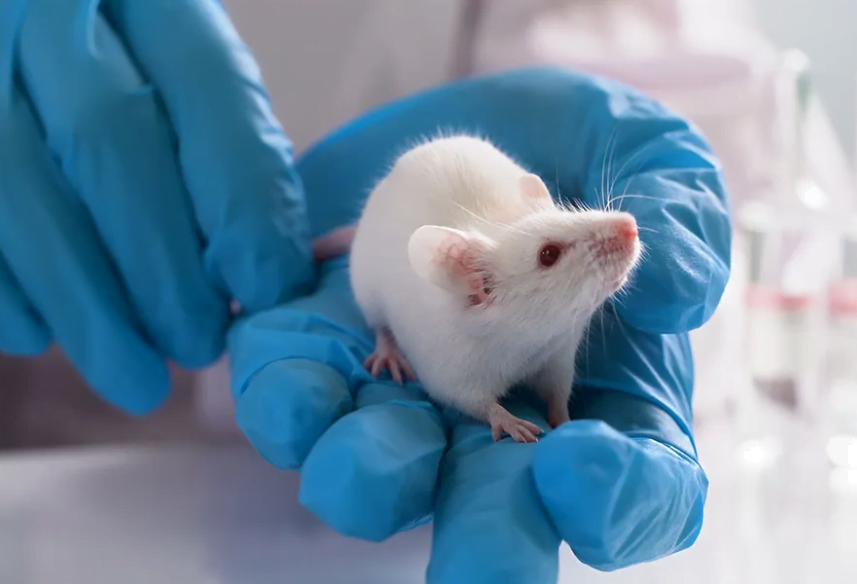Animal testing has been a topic of debate for many years. While some people argue that it is necessary for medical and scientific research, others believe that it is cruel and unnecessary. In this article, we will discuss the pros and cons of animal testing to help you better understand this controversial issue.
Table of Contents
Pros of animal testing:
- Natural observation: The use of animals allows for effective evaluation of the effects of products and substances on living systems in a natural environment.
- Scientific advancements: Animal testing has led to significant scientific advancements in medicine, physiology, and drug development, including the development of vaccines, antibiotics, and cancer treatments.
- Human safety: Animal testing ensures the safety of drugs, vaccines, and other products for human use, preventing harmful and sometimes fatal side effects.
- Required by law: Animal testing is a legal requirement in many countries for the approval of new drugs and products to protect public health and safety.
- Comparison with humans: Animals share many similarities with humans, and therefore, can be used to study diseases that affect humans.
- Disease research: Animal testing has helped scientists understand the mechanisms of many diseases, including cancer, Alzheimer’s, and Parkinson’s.
- Behavioral studies: Animal testing can be used to study the behavior of animals, which can lead to a better understanding of their needs and behavior in the wild.
- Genetic research: Animals can be used to study genetic disorders and the effects of genetic modifications on living systems.
- Testing of medical devices: Animal testing is necessary to evaluate the safety and effectiveness of medical devices, such as pacemakers and artificial organs.
- Training of medical professionals: Animal testing is essential in the training of medical professionals, including surgeons, veterinarians, and researchers.
Cons of animal testing:
- Inhumane treatment: Animal testing often involves the use of animals in painful and cruel experiments. Animals are often subjected to torture, neglect, and abuse, which is unethical and cruel.
- Limited predictive value: Animal testing is not always an accurate predictor of how drugs and products will behave in humans. This is because animals have different physiological processes, which can lead to inaccurate results.
- Alternative methods: There are alternative methods to animal testing, such as in vitro testing, computer modeling, and human cell cultures. These methods are more accurate, cost-effective, and do not involve animal cruelty.
- Ineffective: Some studies have shown that animal testing does not always lead to effective results. In some cases, drugs that are deemed safe in animal testing have been found to be harmful to humans, leading to significant health risks.
- Differences from humans: Although animals share many similarities with humans, they also have many differences in their physiology and genetic makeup, making their responses to drugs and products different from humans.
- Moral and ethical concerns: Many people believe that it is morally wrong to use animals for human purposes, and that animals have the right to live free from harm and suffering.
- Economic costs: Animal testing is expensive, time-consuming, and requires a significant investment in infrastructure and resources.
- Inaccuracy of animal models: Some animal models used in testing do not accurately reflect human physiology, leading to inaccurate results.
- Animal welfare concerns: Animals used in testing are often housed in cramped, stressful environments, which can lead to illness and disease.
- Misuse of results: The results of animal testing can be misused or misinterpreted, leading to potentially harmful outcomes for humans and animals.
Conclusion:
In conclusion, animal testing is a controversial issue, with valid arguments on both sides. While it has contributed significantly to medical advancements and safety testing, it is also associated with inhumane treatment and limited predictive value. There are alternative methods to animal testing that are more accurate, cost-effective, and ethical. As a society, we must continue to explore these alternatives and find ways to reduce animal testing while still ensuring the safety and health of humans.


You may like it
Benefits and Importance of Handwriting Practice Sheets for Adults
How Does Inspire Sleep Work: Revolutionizing Sleep Apnea Treatment
Men Not Going to College: Understanding the Reasons Behind the Trend
how to avoid government pension offset ?
Top Graduate Tips on How to Prepare for a Job Search
The 5 best airlines to be a flight attendant for (2024)